Farm support payments should be gradually reformed to help make farmers more business minded, the president of the Ulster Farmers’ Union (UFU) has suggested.
“We need to wean our farmers off farming for subsidies and focus on outputs,” Victor Chestnutt said during an online event organised by AgriSearch.
The Co Antrim farmer said that dairy, beef, and sheep farmers could learn from their counterparts in the poultry sector, where farm subsidies are not available.
He said that a “striking difference” in mindset across sectors was evident from the discussions that take place among farmers on the UFU’s policy committees.
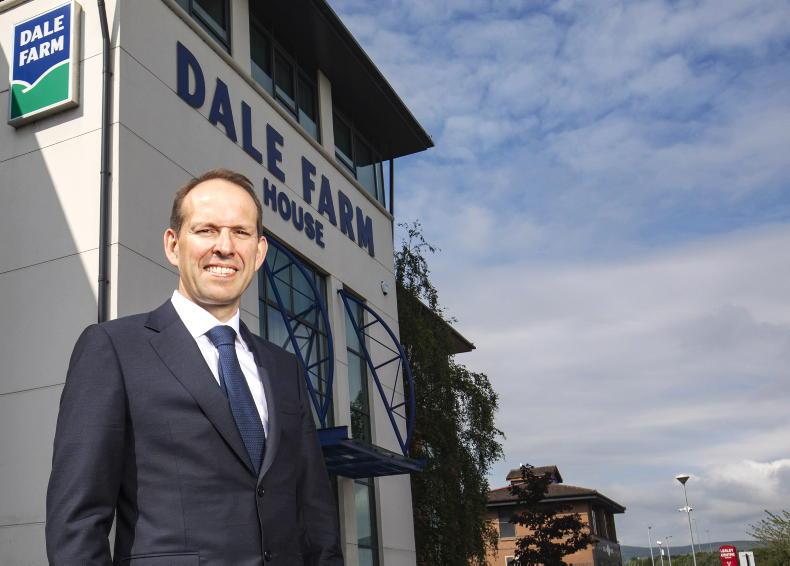
Dale Farm chief executive Nick Whelan.
Chestnutt said that members of the UFU poultry committee “didn’t grumble about prices” and focused on improving the performance of their own businesses.
We used to be paid for the number of livestock we had, then we were paid for the number of hectares we farmed and that has taken our eye off the ball
“If you sit on the dairy committee, they’re obsessed with what one processor is paying against another. If you sit on the beef and sheep committee, they’re obsessed with subsidies, and the hill farming committee even more so,” he said.
The UFU president suggested that there is “huge room for improvement” in the performance of local beef and sheep farms in particular.
“We used to be paid for the number of livestock we had, then we were paid for the number of hectares we farmed and that has taken our eye off the ball,” he maintained.
Productivity
Also speaking at the event, former National Farmers’ Union (NFU) president Peter Kendall said productivity needed to improve across the entire UK farming industry.
He defined improved productivity as either producing more from the same inputs, maintaining production from fewer inputs, or producing less with an even greater reduction in inputs.
“Productivity growth [of UK farming] over the last 15 years has been 0.9% per year, compared to 3.5% in the Netherlands and 3.2% in the US,” Kendall said.
The Bedfordshire farmer said that matching the productivity growth of the Netherlands for the next 10 years would be worth £26.5bn to UK agricultural output.
I think the NFU maybe jumped a bit quick in talking about emissions, rather than net global warming, because that is what we need to stop
“The prize is absolutely enormous. The need to address productivity as an industry has never been bigger,” he maintained.
Chestnutt questions NFU climate target
The NFU’s target for agriculture in England and Wales to reach net zero carbon emissions by 2040 has been questioned by UFU president Victor Chesnutt.
“I think the NFU maybe jumped a bit quick in talking about emissions, rather than net global warming, because that is what we need to stop,” Chestnutt said.
His criticism stems from scientific evidence which shows the current system of measuring greenhouse gas emissions does not accurately reflect how methane behaves in the atmosphere. Methane, which is emitted by ruminant livestock, breaks down after 10-12 years, whereas carbon dioxide, which comes from burning fossil fuels, stays in the atmosphere for centuries.
Growing argument
There is a growing argument that to account for the differences in greenhouse gases, climate change policies should aim to stop rising global temperatures, as opposed to reduce carbon emissions to zero.
“We need to measure net global warming,” Chestnutt said during the AgriSearch webinar.
In response, NFU deputy president Stuart Roberts maintained that net zero emissions was the correct term to use in the climate change target.
“It is the language that society uses. It makes us more
relevant if we use [it],” he argued.
We have looked at the calculators that are out there and they are wildly different
Roberts said that an agreed system is needed for measuring the carbon footprint of farms and it should account for the storage of carbon in soils, hedgerows and trees.
“We have looked at the calculators that are out there and they are wildly different,” the Hertfordshire farmer acknowledged.
He said a standardised system of measuring carbon emissions on farms should reflect the short atmospheric lifespan of methane.
“If we can get that right in this common metric, then I think livestock farming in this part of the world is a phenomenally successful story,” Roberts concluded.
Room for better profits among Dale Farm suppliers
There are “significant opportunities” for improving efficiencies and profitability on local dairy farms, according to Dale Farm chief executive Nick Whelan.
The dairy co-op has recently started a benchmarking programme for its suppliers which has been taken up by 16% of its milk pool so far.
Speaking at the AgriSearch webinar, Whelan said feed costs ranged from 5p/l to 12.3p/l and margin over concentrate, which is effectively milk cheque minus meal bill, ranged from 13.46p/l to 23.58p/l.
We are a farmer-owned organisation and very much see the world through the farmer’s lens
Whelan, who is also boss of Dale Farm’s subsidiary company United Feeds, acknowledged that overfeeding cows is an issue on many local dairy farms. “There is massive opportunity for profitable growth when we start looking at how we manage feed efficiency,” he said.
However, the Dale Farm chief recognised that many farmers are wary of sharing benchmarking data with their milk buyer because there is a “mistrust” that the information would be used to squeeze milk prices.
“We are a farmer-owned organisation and very much see the world through the farmer’s lens. They are the people that own our business and at the end of the day if we don’t have sustainable profitability on our farms, there isn’t a Dale Farm,” Whelan said.
Farm support payments should be gradually reformed to help make farmers more business minded, the president of the Ulster Farmers’ Union (UFU) has suggested.
“We need to wean our farmers off farming for subsidies and focus on outputs,” Victor Chestnutt said during an online event organised by AgriSearch.
The Co Antrim farmer said that dairy, beef, and sheep farmers could learn from their counterparts in the poultry sector, where farm subsidies are not available.
He said that a “striking difference” in mindset across sectors was evident from the discussions that take place among farmers on the UFU’s policy committees.

Dale Farm chief executive Nick Whelan.
Chestnutt said that members of the UFU poultry committee “didn’t grumble about prices” and focused on improving the performance of their own businesses.
We used to be paid for the number of livestock we had, then we were paid for the number of hectares we farmed and that has taken our eye off the ball
“If you sit on the dairy committee, they’re obsessed with what one processor is paying against another. If you sit on the beef and sheep committee, they’re obsessed with subsidies, and the hill farming committee even more so,” he said.
The UFU president suggested that there is “huge room for improvement” in the performance of local beef and sheep farms in particular.
“We used to be paid for the number of livestock we had, then we were paid for the number of hectares we farmed and that has taken our eye off the ball,” he maintained.
Productivity
Also speaking at the event, former National Farmers’ Union (NFU) president Peter Kendall said productivity needed to improve across the entire UK farming industry.
He defined improved productivity as either producing more from the same inputs, maintaining production from fewer inputs, or producing less with an even greater reduction in inputs.
“Productivity growth [of UK farming] over the last 15 years has been 0.9% per year, compared to 3.5% in the Netherlands and 3.2% in the US,” Kendall said.
The Bedfordshire farmer said that matching the productivity growth of the Netherlands for the next 10 years would be worth £26.5bn to UK agricultural output.
I think the NFU maybe jumped a bit quick in talking about emissions, rather than net global warming, because that is what we need to stop
“The prize is absolutely enormous. The need to address productivity as an industry has never been bigger,” he maintained.
Chestnutt questions NFU climate target
The NFU’s target for agriculture in England and Wales to reach net zero carbon emissions by 2040 has been questioned by UFU president Victor Chesnutt.
“I think the NFU maybe jumped a bit quick in talking about emissions, rather than net global warming, because that is what we need to stop,” Chestnutt said.
His criticism stems from scientific evidence which shows the current system of measuring greenhouse gas emissions does not accurately reflect how methane behaves in the atmosphere. Methane, which is emitted by ruminant livestock, breaks down after 10-12 years, whereas carbon dioxide, which comes from burning fossil fuels, stays in the atmosphere for centuries.
Growing argument
There is a growing argument that to account for the differences in greenhouse gases, climate change policies should aim to stop rising global temperatures, as opposed to reduce carbon emissions to zero.
“We need to measure net global warming,” Chestnutt said during the AgriSearch webinar.
In response, NFU deputy president Stuart Roberts maintained that net zero emissions was the correct term to use in the climate change target.
“It is the language that society uses. It makes us more
relevant if we use [it],” he argued.
We have looked at the calculators that are out there and they are wildly different
Roberts said that an agreed system is needed for measuring the carbon footprint of farms and it should account for the storage of carbon in soils, hedgerows and trees.
“We have looked at the calculators that are out there and they are wildly different,” the Hertfordshire farmer acknowledged.
He said a standardised system of measuring carbon emissions on farms should reflect the short atmospheric lifespan of methane.
“If we can get that right in this common metric, then I think livestock farming in this part of the world is a phenomenally successful story,” Roberts concluded.
Room for better profits among Dale Farm suppliers
There are “significant opportunities” for improving efficiencies and profitability on local dairy farms, according to Dale Farm chief executive Nick Whelan.
The dairy co-op has recently started a benchmarking programme for its suppliers which has been taken up by 16% of its milk pool so far.
Speaking at the AgriSearch webinar, Whelan said feed costs ranged from 5p/l to 12.3p/l and margin over concentrate, which is effectively milk cheque minus meal bill, ranged from 13.46p/l to 23.58p/l.
We are a farmer-owned organisation and very much see the world through the farmer’s lens
Whelan, who is also boss of Dale Farm’s subsidiary company United Feeds, acknowledged that overfeeding cows is an issue on many local dairy farms. “There is massive opportunity for profitable growth when we start looking at how we manage feed efficiency,” he said.
However, the Dale Farm chief recognised that many farmers are wary of sharing benchmarking data with their milk buyer because there is a “mistrust” that the information would be used to squeeze milk prices.
“We are a farmer-owned organisation and very much see the world through the farmer’s lens. They are the people that own our business and at the end of the day if we don’t have sustainable profitability on our farms, there isn’t a Dale Farm,” Whelan said.




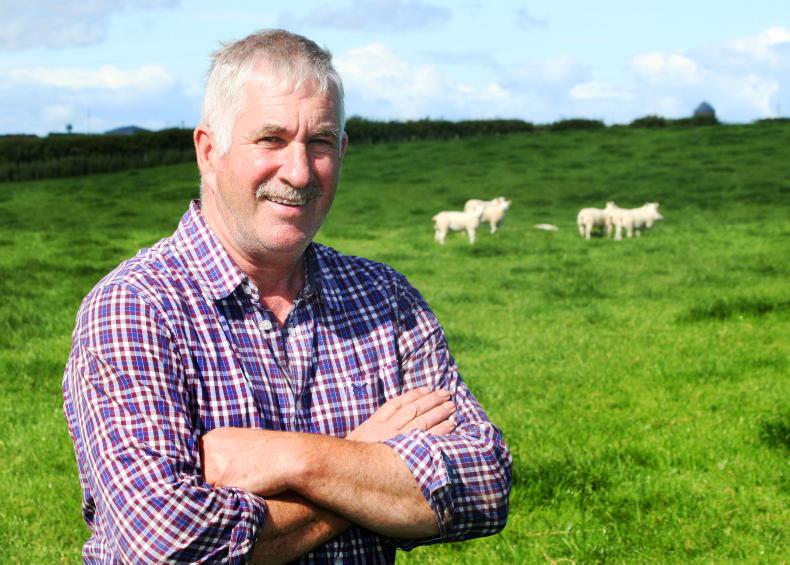

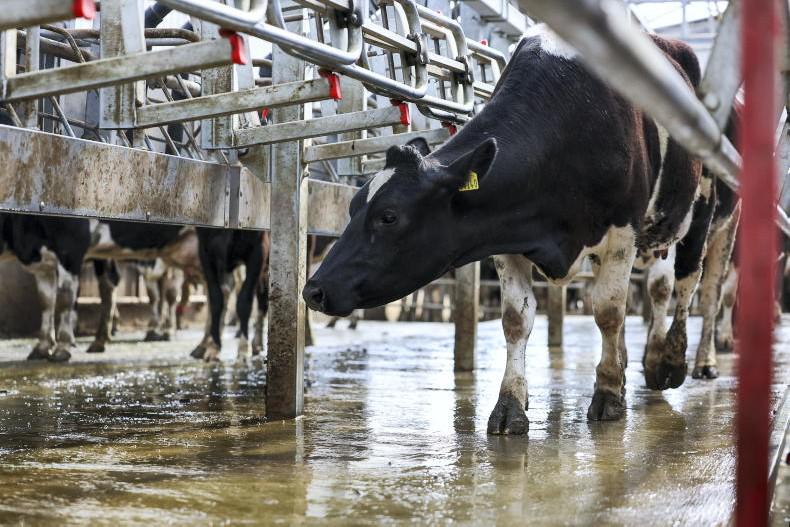

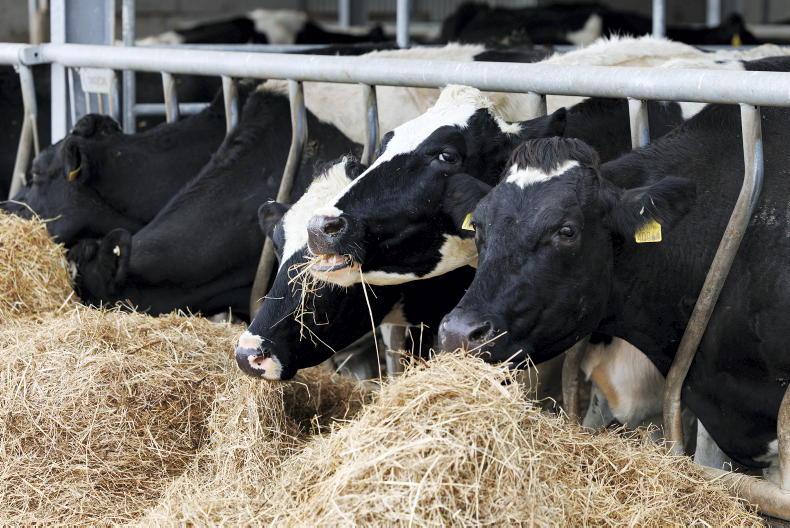
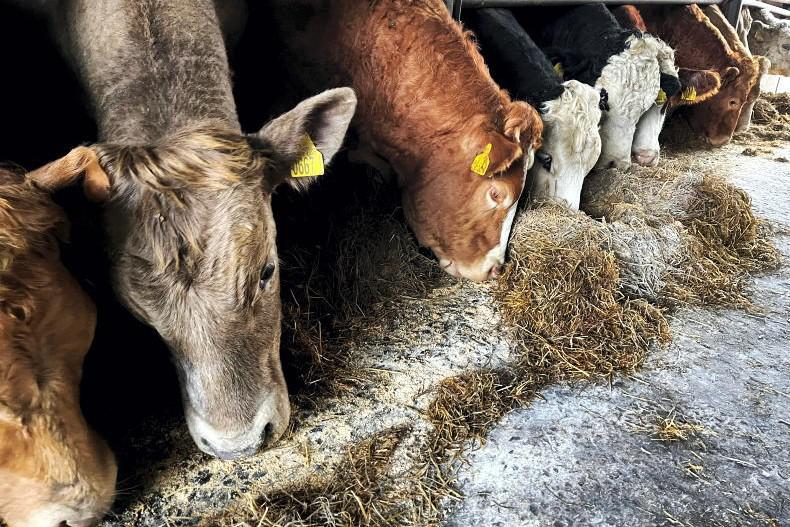
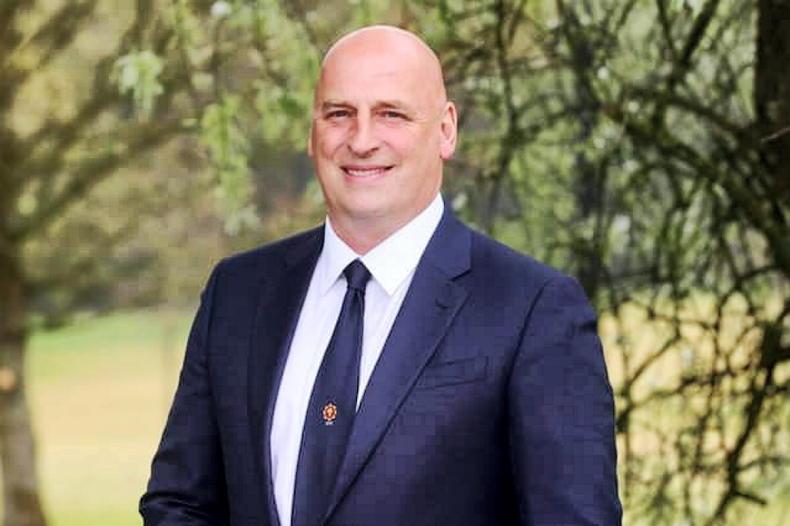
SHARING OPTIONS